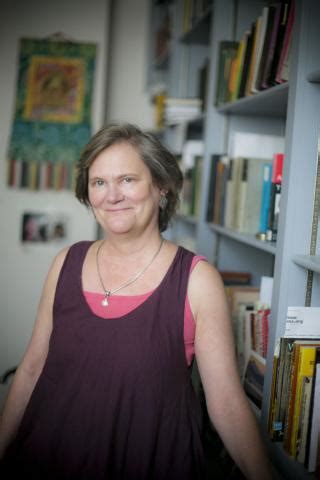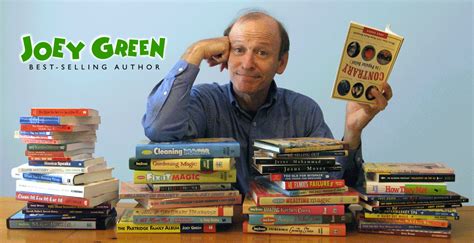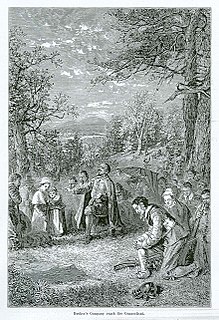A Quote by E. M. Forster
Men yearn for poetry though they may not confess it; they desire that joy shall be graceful and sorrow august and infinity have a form.
Related Quotes
In Europe life retreats out of the cold, and exquisite fireside myths have resulted—Balder, Persephone—but [in India] the retreat is from the source of life, the treacherous sun, and no poetry adorns it because disillusionment cannot be beautiful. Men yearn for poetry though they may not confess it; they desire that joy shall be graceful and sorrow august and infinity have a form, and India fails to accommodate them.
May we feel after Thee; still calling out in the darkness, as children waking in the night call "Father," so may we call out for God; and, at times, even if we do not hear Thy voice, may there be the form of a hand resting upon us, and that shall be enough; for we shall take hold of it, though it be in the dark, and it shall guide us to the growing light; for the day shall come, and the release and triumph.
Thus science strips off, one after the other, the more or less gross materialisations by which we endeavour to form an objective image of the soul, till men of science, speculating, in their non-scientific intervals, like other men on what science may possibly lead to, have prophesied that we shall soon have to confess that the soul is nothing else than a function of certain complex material systems.
Behind joy and laughter there may be a temperament, coarse, hard and callous. But behind sorrow there is always sorrow. Pain, unlike pleasure, wears no mask. ... For this reason there is no truth comparable to sorrow. There are times when sorrow seems to me to be the only truth. Other things may be illusions of the eye or the appetite, made to blind the one and cloy the other, but out of sorrow have the worlds been built, and at the birth of a child or a star there is pain.
When you are sorrowful look again in your heart, and you shall see that in truth you are weeping for that which has been your delight. Some of you say, "Joy is greater than sorrow," and others say, "Nay, sorrow is the greater." But I say unto you, they are inseparable. Together they come, and when one sits alone with you at your board, remember that the other is asleep upon your bed. Verily you are suspended like scales between your sorrow and your joy.
The difference between shallow happiness and a deep, sustaining joy is sorrow. Happiness lives where sorrow is not. When sorrow arrives, happiness dies. It can't stand pain. Joy, on the other hand, rises from sorrow and therefore can withstand all grief. Joy, by the grace of God, is the transfiguration of suffering into endurance, and of endurance into character, and of character into hope--and the hope that has become our joy does not (as happiness must for those who depend up on it) disappoint us.
The way to live in the present is to remember that "This too shall pass." When you experience joy, remembering that "This too shall pass" helps you savor the here and now. When you experience pain and sorrow, remembering that "This too shall pass" reminds you that grief, like joy, is only temporary.
I've never been able to write poetry without having vast tracts of dead time. Poetry requires a certain kind of disciplined indolence that the world, including many prose writers, doesn't recognize as discipline. It is, though. It's the discipline to endure hours that you refuse to fill with anything but the possibility of poetry, though you may in fact not be able to write a word of it just then, and though it may be playing practical havoc with your life. It's the discipline of preparedness.





































